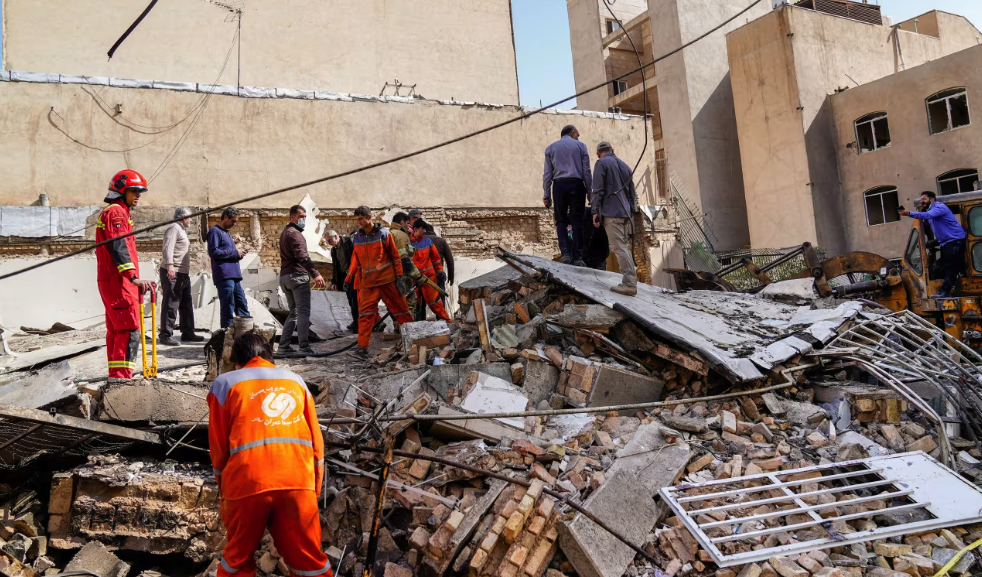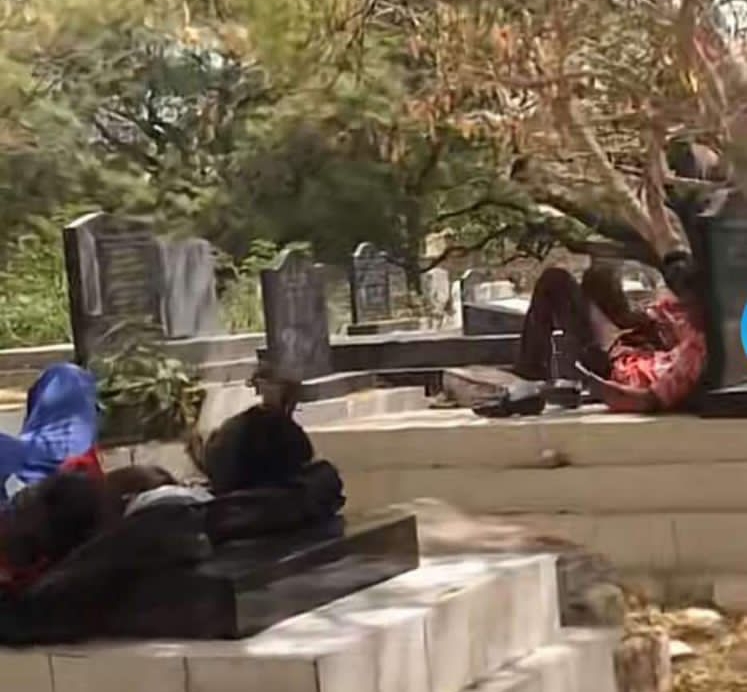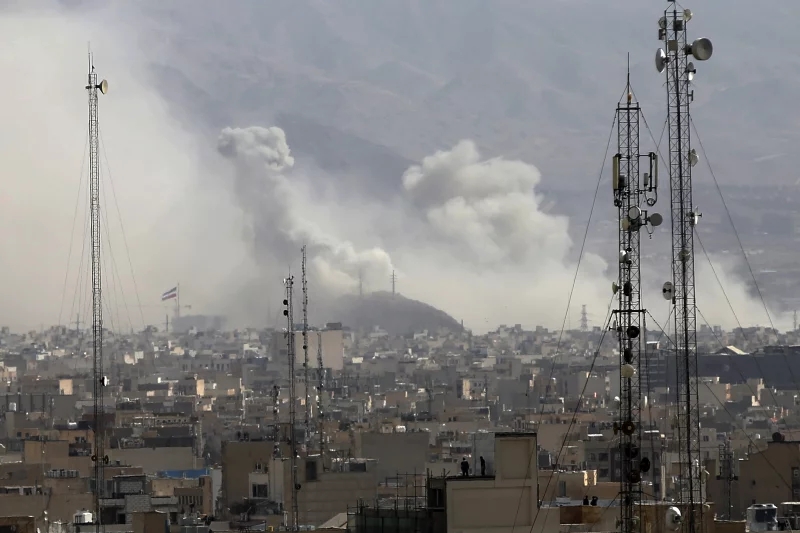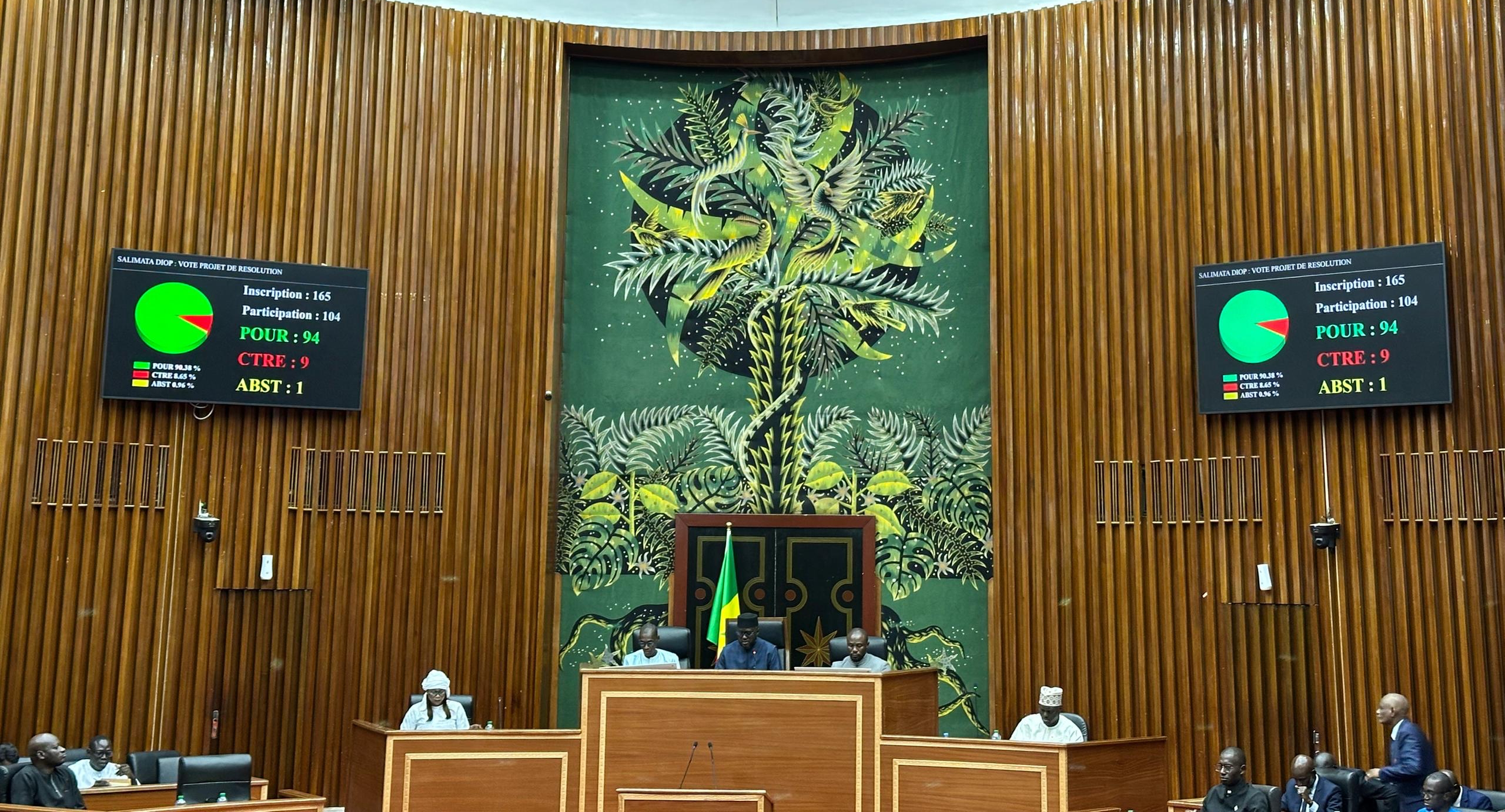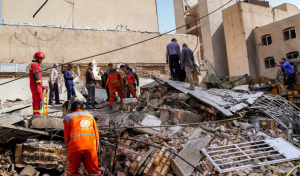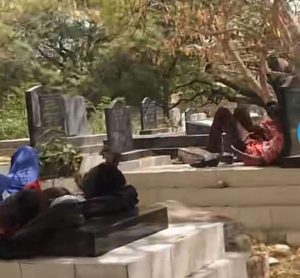Gambiaj.com – (DAKAR, Senegal) – Senegal’s National Assembly adopted a draft resolution to indict five former ministers from the administration of ex-President Macky Sall. The resolution, which passed after a tense parliamentary session, refers the accused to the High Court of Justice, a rarely convened institution empowered to try former government officials for offenses committed during their time in office.
The ministers named in the indictment are Mansour Faye, brother to Senegal’s former First Lady, Aïssatou Sophie Gladima Siby, Ismaïla Madior Fall, Moustapha Diop, and Salimata Diop.
The charges stem from allegations of financial misconduct in the management of Senegal’s COVID-19 emergency fund, known as the Force COVID-19.
Aïssatou Sophie Gladima is charged with criminal association, embezzlement of public funds, fraud involving public funds, money laundering, and complicity, causing damage estimated at 193.07 million CFA francs.
Moustapha Diop is charged with criminal association, abuse of office (concussion), corruption, unlawful conflict of interest, forgery and use of forged documents in private commercial or banking transactions, embezzlement of public funds, fraud involving public funds, money laundering, and complicity in these offenses.
Salimata Diop is Charged with criminal association, forgery and use of forged documents in private commercial or banking transactions, embezzlement of public funds, fraud involving public funds, and complicity in these offenses.
Mansour Faye is charged with criminal association, abuse of office (concussion), corruption, unlawful conflict of interest, forgery and use of forged documents in commercial or banking matters, embezzlement of public funds, fraud involving public funds, money laundering, and complicity causing damages estimated at 2.75 billion CFA francs.
Ismaïla Madior Fall is charged with criminal association, corruption, attempted extortion, abuse of office (concussion), unlawful conflict of interest, fraud, money laundering, and complicity in these offenses.
The case was brought to the Assembly’s attention following a request from Justice Minister Ousmane Diagne, who cited findings from oversight bodies, particularly the Court of Auditors.
Following the resolution’s adoption, the Assembly’s President is expected to transmit the dossier to the Attorney General, who will in turn notify the High Court of Justice and initiate the formation of an investigative committee.
The High Court in Senegal is a specialized judicial body designed to only hold the president and cabinet members accountable for specific serious offenses committed in their official capacities.
The court is chaired by the highest magistrate of the judicial order of Senegal, who is specifically identified as the First President of the Supreme Court (Mahamadou Mansour Mbaye). The court comprises eight full member judges and their stand-in members. Importantly, these judges are members of parliament elected by their peers in the National Assembly.
The accused will have the right to mount a legal defense with counsel, in line with due process under Senegalese law.
The decision represents a significant development in the country’s political and judicial landscape. It signals the new government’s commitment to enforcing accountability in public administration and combatting impunity for financial mismanagement. It also sets a rare precedent, as the High Court of Justice has seldom been activated in Senegal’s political history.
The lead-up to the vote was marked by heated debate in the Assembly. While some deputies lauded the move as a long-overdue affirmation of good governance, others questioned the timing and motives behind the proceedings, warning against the risk of political instrumentalization.
Differences also emerged on the nature of the charges, the legal role of the Assembly, and the importance of upholding the presumption of innocence.
The next phase in the process—the instruction or investigative stage—will fall under the jurisdiction of the High Court of Justice, which will assess the admissibility and weight of the allegations. This stage will be crucial in determining whether the former ministers will ultimately face trial.
This episode may well mark a watershed moment in Senegal’s evolving democratic governance, testing both its legal institutions and its political maturity in handling high-profile accountability cases.



